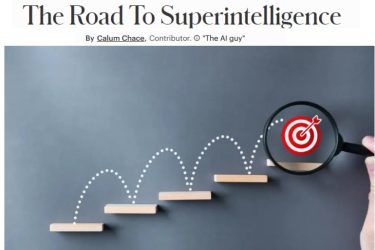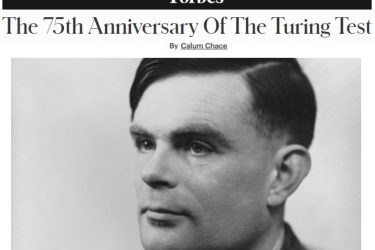Plague
“The darkest hour is just before the dawn,” said an English theologian called Thomas Fuller in 1650, and many people since. Covid-19 has been a terrible plague, like many terrible plagues before. At the time of writing it has killed two million people worldwide, and tragically, it will kill many more this year.
Two million people have left widows and orphans to grieve them, and millions more face economic ruin or lasting insecurity. In some countries, incompetent and dishonest political leaders have made the situation far worse than it need have been. The recovery is likely to be K-shaped, with certain sections of society faring consistently worse than others. The scale of the human suffering is immense.
The past was worse
Covid is a relentlessly bad news story, and yet it could have been much worse. The Spanish flu claimed 50 million lives, many more than the First World War which preceded it. In the 14th century, the Black Death killed a third of Europe’s population. These may or may not have been inherently more contagious or fatal diseases, but what is certain is that humanity back then lacked the technologies that we have used to mitigate our plague – in particular, instantaneous worldwide communication, and rapidly developed vaccines.
Compare the experience of a mediaeval peasant, cowering and hungry in her freezing hovel, beseeching her god to cease his furious vengeance on her village, with today’s knowledge worker, anxious about new virus strains, frustrated by her restricted movements, and worried about Zoom burnout. The gulf between these two people’s life experience is vast, and the main force which has opened it up is technology.
The information revolution
Since the start of the industrial revolution, technology has transformed everything about our lives. Some people claim we are now in the fourth industrial revolution, but this is misleading. A better explanation is that we are in the early stages of the information revolution, which is an even more profoundly transformative process. Many of our technologies are improving exponentially, including computing, where the process is known as Moore’s Law, a phenomenon whose death has been greatly exaggerated for years.
Increasingly, our most powerful technology is artificial intelligence, or AI. This experienced a Big Bang in 2012, when deep learning began to fulfil the long-delayed promise of artificial neural networks. Since then, Google and the other tech giants have created miracles like search, maps, and translation, and in the process have made themselves the world’s biggest and richest companies.
Amara’s Law
Cynics enjoy pointing out that AI has so far failed to transform the rest of the economy. They are right, but this is simply Amara’s Law in action: we over-estimate what technology will achieve in the short term (two to five years), and under-estimate the long-term (ten to twenty). In the 2020s we will all start to see cars driving themselves around our cities, we will have conversations with our smartphones, and those smartphones will probably start to be replaced by smart glasses equipped with impressive applications of augmented reality.
Many historians believe that in 14th century Europe, the Black Death helped to spark the Renaissance. In the 20th century, the Spanish flu was followed by a decade of rapid economic expansion, and cultural and artistic exuberance. Jazz bloomed, flappers danced, and art deco reigned supreme. Cars, phones, radio and domestic electrical appliances were everywhere. As the threat of Covid lifts, and as exponential technology growth persists, the 21st century will surely see a similar flourishing.
Not just AI
It won’t be just AI. The remarkably rapid development of Covid vaccines is a foretaste of astounding benefits from biotechnology this decade – probably including the beginning of significant extensions of healthy human lifespans. The continued rapid decline in the cost of renewable energy sources will see swathes of the economy switch away from fossil fuels, and may alleviate some of the concern about a boiling planet. Vertical farms and lab-grown meat will join automation and robots in turning agriculture upside down. As both symbol and summit of these achievements, we will take firm steps towards becoming multi-planetary: re-usable rockets and rediscovered ambition will take us back to the moon, and maybe even to Mars.
Progress will not be smooth. There will be delays, setbacks, and reversals. Populism lingers, and our politics is dangerously fractious. This is not a Hollywood movie, and a successful outcome is not pre-ordained. The Roaring Twenties culminated in the Wall Street Crash of 1929 and the Great Depression, which led to the rise of fascism, and the terrible conflagration of the Second World War.
Taking the two singularities seriously
Great challenges lie ahead for us too. In fact, the roaring twenties will propel us ever closer to the greatest challenges of this century: the two singularities. In the economic singularity, capitalism will have to adapt to the automation of most jobs. The technological singularity is what happens if and when we create a superintelligence, and we become the second-smartest species on the planet. We can and must rise to these challenges, and the sooner more of us start taking them seriously, the better.
But for now, take heart. Despite this pre-dawn darkness, the roaring twenties will probably be the best decade in human history so far – and also the most interesting and the most important one.



